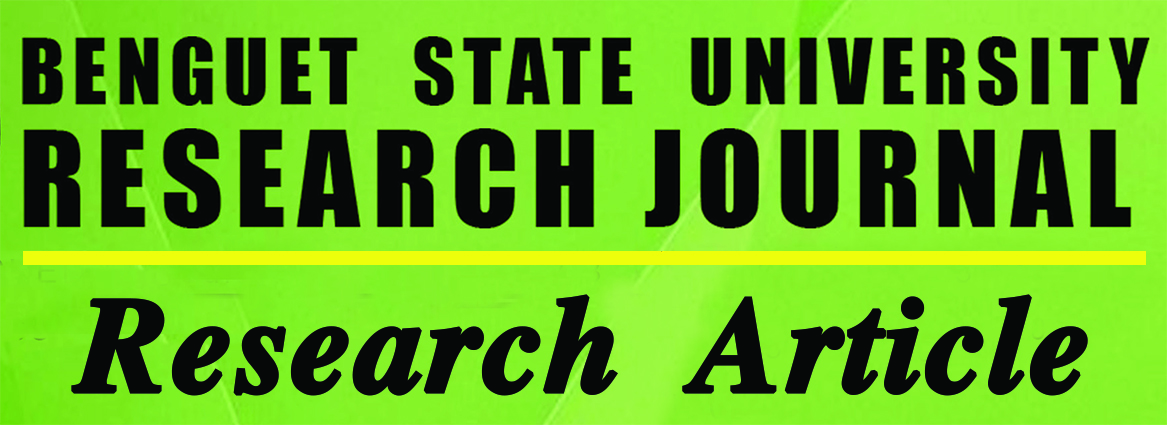Time Use Study Exploring the Linkages Between Well Being and Climate Change, a Case Study of Farming Communities in Northern Philppines
Main Article Content
Abstract
The study looked at the work and well-being of women and their households in selected communities in theCordillera Region, Northern Philippines. It employed gender analysis of paid and unpaid work using time use framework. Using time use diary and stylized time use questionnaire, coupled with focus group discussions and indepth interviews, findings show that households are continuously exposed to health and well-being risks and heightening ‘unpaid work’ scenarios which extends to the bigger community through rendering of voluntary service. A detailed picture of how members of a household spend their time during the day is revealing of gender disparity. Another area where gender difference is apparent is in terms of leisure time. Leisure for women also means doing simultaneous work. The ‘integrative’ roles played by women – is that they are to assume roles that are ‘voluntary’ to enable the continuity of survival inside and outside the homes. Women consistently figure in taking on the responsibility of community care. Overall, certain climatic changes poses constraints and limitations to households. Crops planted by these farming communities are highly vulnerable to climate changes. It is also an area where women’s resilience are negotiated but at the same time where women’s vulnerabilities are heightened. The understanding of these complexities of a ‘normalized’ and ignored situation calls for a framework that do not take out the women’s work in the farm in isolation from the work women perform at home and in the community. These findings unpack layers of unpaid work yet necessary activities to sustaining lives of households and communities.

